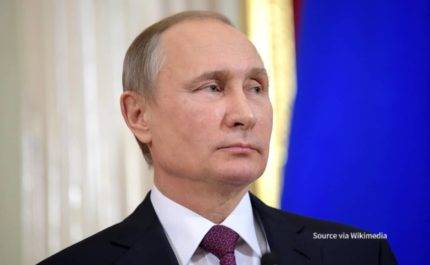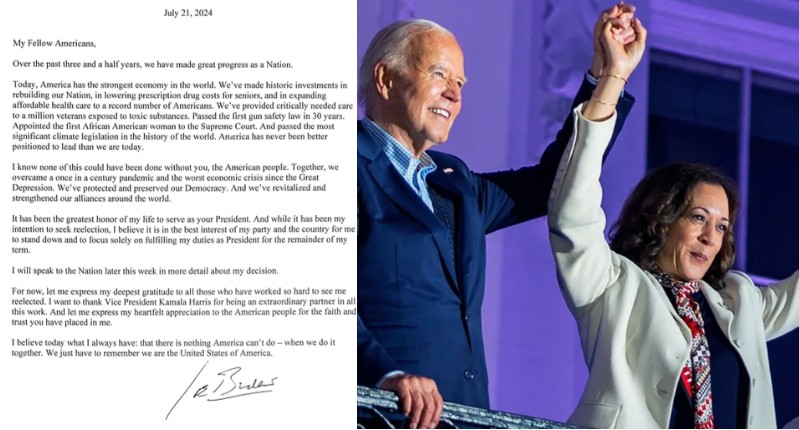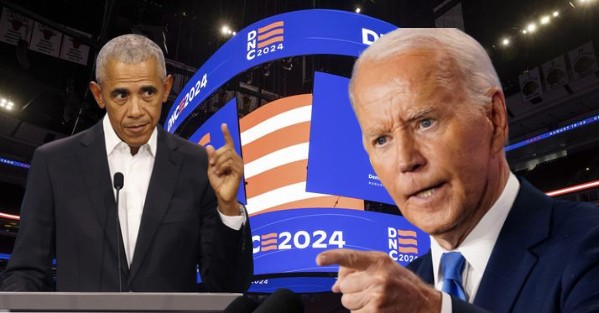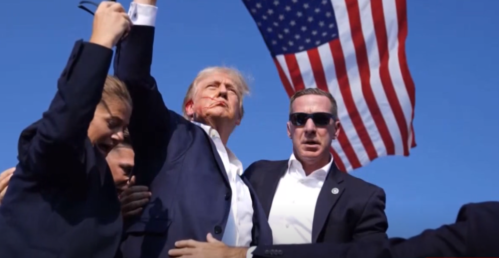In Russia’s presidential election, Vladimir Putin appears to have clinched a landslide victory, securing an overwhelming 88% of the votes, as per early results announced by the Russian electoral commission. This triumph solidifies Putin’s rule for another six years, extending his tenure until 2030. However, the electoral process has been marred by controversy, with the opposition effectively banned from participating. The Kremlin’s crackdown on dissent ensured that any criticism of Putin or the ongoing war in Ukraine was suppressed, while opposition candidates were blocked from running, making Putin’s victory a foregone conclusion.
The election, widely viewed as neither free nor fair, has raised international concern, particularly from Western nations. The White House’s National Security Council spokesperson condemned the lack of political freedom, citing Putin’s imprisonment of political opponents and the prevention of potential challengers from contesting against him. This heavy-handed approach to stifling dissent has left Putin virtually unchallenged, especially after the demise of Alexei Navalny, his most prominent adversary, who died under suspicious circumstances in a remote prison last month.
Vladimir Putin Solidifies Power Amid War Economy Rebound
Putin’s resounding victory in the election comes at a time when Russia is deeply embroiled in the conflict in Ukraine, which Vladimir Putin initiated over two years ago. Despite facing stiff economic sanctions from Western nations, Russia’s war economy has shown resilience, with a surge in defense spending and crucial economic support from allies such as China. This financial bolstering has not only enabled Russia to sustain its military operations but also facilitated a rebound in the domestic economy.
With the Russian army gaining momentum against Ukrainian forces and reclaiming the initiative in the conflict, Vladimir Putin’s position as a strong leader has been further bolstered. The ongoing military campaign, labeled by the Kremlin as a “special military operation,” has been a focal point of Putin’s administration, serving to galvanize nationalistic sentiments and rally support behind his leadership. As Russia’s longest-serving ruler since Joseph Stalin, Putin has adeptly navigated domestic and international challenges, cementing his status as a dominant figure on the global stage.
Opposition Protests Amidst Tight Security: Challenging Vladimir Putin’s Authority
As Vladimir Putin clinched victory, dissent reverberated across Russia, with protesters rallying against his rule. Calls for a “Noon against Putin” protest echoed, attracting crowds at polling stations nationwide. Amidst stringent security measures, demonstrators voiced opposition, albeit risking arrest and reprisal. Notably, Navalny’s supporters mobilized both domestically and internationally, leveraging social media to broadcast protests and condemn Vladimir Putin’s regime.
Despite arrests and sporadic violence, protesters conveyed a unified message of defiance, challenging Putin’s narrative of overwhelming support. The absence of Navalny, coupled with government crackdowns, underscores the resilience of dissent within Russia. However, the regime’s firm grip on power remains evident, dampening hopes for substantial change through electoral means.
International Scrutiny and Geopolitical Ramifications: Biden’s Condemnation and Ukraine’s Struggle
Internationally, Vladimir Putin’s victory amplifies concerns over Russia’s trajectory and its implications for global stability. President Biden’s condemnation underscores the widening divide between Western democracies and Russia’s authoritarian regime. The conflict in Ukraine serves as a focal point, with Putin’s ambitions sparking fears of further aggression. Amidst geopolitical tensions, support for Ukraine emerges as a contentious issue, shaping U.S. foreign policy and strategic alliances.
The election outcome intensifies scrutiny on Russia’s actions, with implications for regional security and international relations. Putin’s consolidation of power raises questions about the longevity of his rule and the prospects for democratic reform. As Western leaders navigate the aftermath, the Ukraine war looms large, posing challenges and opportunities in a shifting geopolitical landscape.
Vladimir Putin’s Vision and the Future of Russia: Balancing Autocracy and Global Ambitions
Putin’s re-election underscores his vision for Russia, characterized by resilience against Western influence and consolidation of authority. His confrontational stance towards the West reflects a broader strategy to assert Russia’s sovereignty and global standing. Despite facing accusations of autocracy and human rights abuses, Putin remains unyielding, framing his actions as necessary for national security and stability.
As Russia charts its course, internal dissent and external pressures pose formidable challenges to Putin’s agenda. The election outcome reaffirms his grip on power, yet unresolved conflicts and geopolitical rivalries loom large. For Putin, the task ahead involves sustaining his legacy and shaping Russia’s role on the world stage, amidst growing scrutiny and opposition both domestically and abroad.
Table of Contents
Discover more from OGM News NG
Subscribe to get the latest posts sent to your email.














